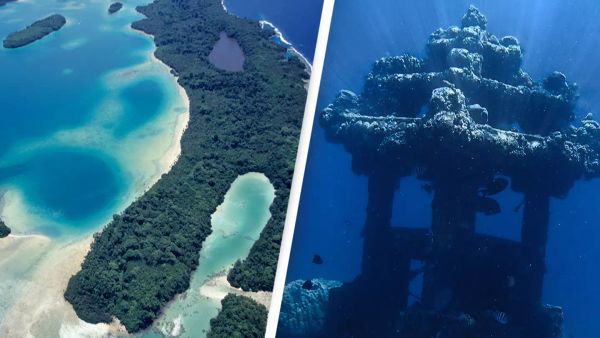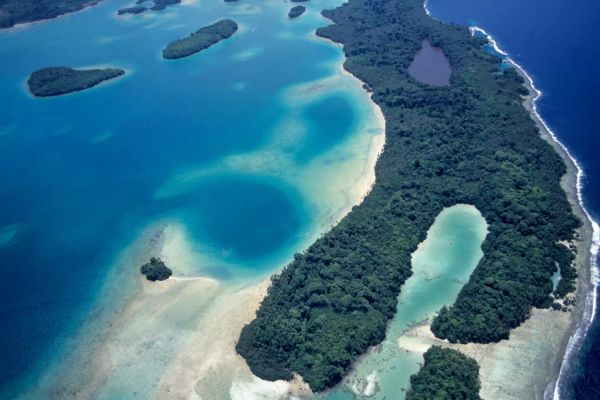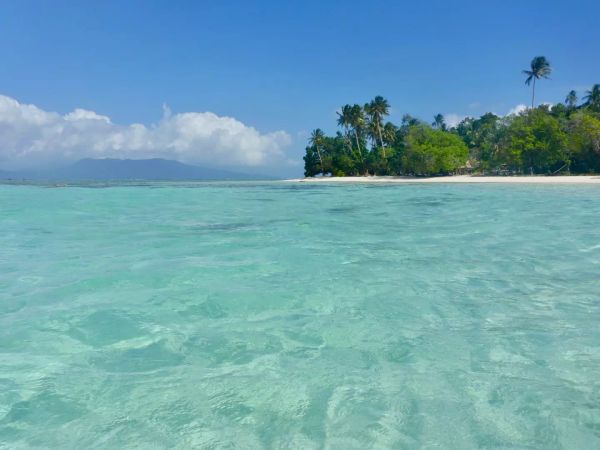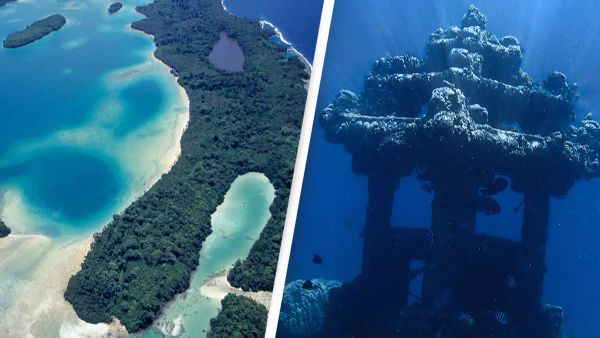Scientists are constantly uncovering fascinating discoveries about our planet and beyond. Recently, they have found evidence of a vanished island that is being referred to as ‘the real-life Atlantis’. This mysterious island, known as Teonimanu, would have been lost to history if it wasn’t for local legends that kept its story alive.

Teonimanu was once a part of the Solomon Islands in the Pacific Ocean, inhabited by hundreds of people over 300 years ago. However, this all changed when the island suddenly disappeared beneath the waves. According to scientist Patrick Nunn, author and professor at the University of the Sunshine Coast in Australia, Teonimanu most likely vanished between the late 16th and late 18th centuries.

Spanish explorer Álvaro de Mendaña and his English counterpart James Cook were in the region during this timeframe, according to the oral traditions of people in the central Solomon Islands. In his book ‘Vanished Islands and Hidden Continents of the Pacific’, Nunn highlights that these stories hold remnants of truth that have become embellished over time.

Despite its fate being sealed many years ago, the story of Teonimanu lives on. Tony Heorake, director of the Solomon Islands National Museum and a direct descendant of Teonimanu, shares that the tale has been passed down through his family. After the island sank, some of Heorake’s ancestors survived by floating on banana tree trunks and other debris. They eventually settled in the southern part of Ulawa, which is located just north of where Teonimanu once stood.
The story of Teonimanu continues to be a topic of conversation among the descendants of the island. In the evenings, the family elders discuss not only Teonimanu but also various aspects of the island’s wildlife, vegetation, and fishing and hunting techniques.
The discovery of Teonimanu sheds light on the mysteries of our planet’s past and highlights the importance of local legends in preserving history. This real-life Atlantis serves as a reminder of how much we have yet to learn and explore about the world we inhabit.






